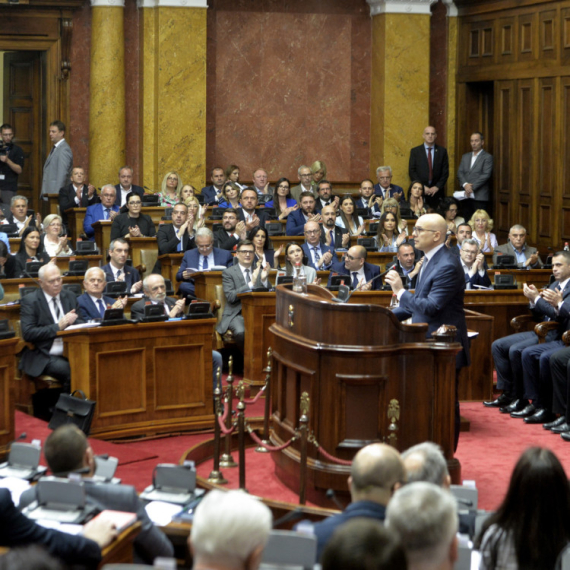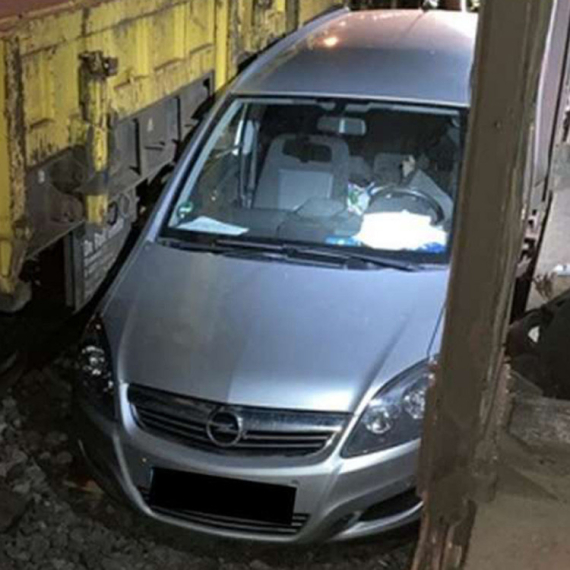No agreement on K-Serb electricity payments
No agreement has been reached between Serb officials from Gnjilane and the Kosovo Electric Corporation (KEK) on the Serb community’s outstanding electric bills.
Friday, 14.11.2008.
16:31

No agreement has been reached between Serb officials from Gnjilane and the Kosovo Electric Corporation (KEK) on the Serb community’s outstanding electric bills. Predrag Stojkovic, the director of the Kosovo Ministry’s office in Kosovsko Pomoravlje, said that KEK’s proposal was unacceptable to the Serbs. No agreement on K-Serb electricity payments Under the proposal, all bills would be frozen, but meters would begin to be read from Monday onwards. Serbs in Kosovo have not paid for electricity since 1999. “We explained our position that most Serbs do not work and that they cannot pay their electricity bills, and one condition for them to start paying their bills is to have the Serbs return to their jobs in KEK, from which they were dismissed earlier—and that means all job positions,” Stojkovic stressed. He said that the Albanians had not accepted the Serbian government’s proposal for bills to be paid through the Kosovo Ministry or for the amount of energy used to be exported to Kosovo. “In 2003, there was a proposal from the Serbian government to pay bills for the Serbs in Kosovo. That debt was EUR 5mn at the time, which the Albanians did not accept. Now the debt has increased with interest to EUR 40mn, and the Albanians are once against asking for a debt of EUR 150mn to be paid,” Stojkovic said. He added that all Serb communities in Kosovsko Pomoravlje were in the Group C restriction category—the most rigorous of all—meaning that their electricity was turned off every three hours. Kosovo is generally plagued by big problems when it comes to electricity production.
No agreement on K-Serb electricity payments
Under the proposal, all bills would be frozen, but meters would begin to be read from Monday onwards.Serbs in Kosovo have not paid for electricity since 1999.
“We explained our position that most Serbs do not work and that they cannot pay their electricity bills, and one condition for them to start paying their bills is to have the Serbs return to their jobs in KEK, from which they were dismissed earlier—and that means all job positions,” Stojković stressed.
He said that the Albanians had not accepted the Serbian government’s proposal for bills to be paid through the Kosovo Ministry or for the amount of energy used to be exported to Kosovo.
“In 2003, there was a proposal from the Serbian government to pay bills for the Serbs in Kosovo. That debt was EUR 5mn at the time, which the Albanians did not accept. Now the debt has increased with interest to EUR 40mn, and the Albanians are once against asking for a debt of EUR 150mn to be paid,” Stojković said.
He added that all Serb communities in Kosovsko Pomoravlje were in the Group C restriction category—the most rigorous of all—meaning that their electricity was turned off every three hours.
Kosovo is generally plagued by big problems when it comes to electricity production.

















































Komentari 0